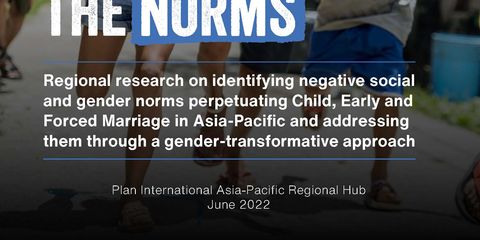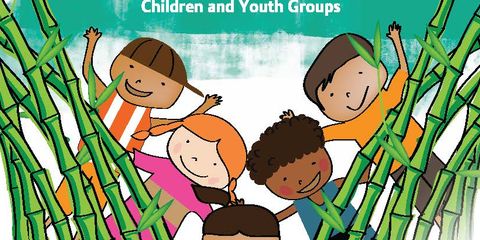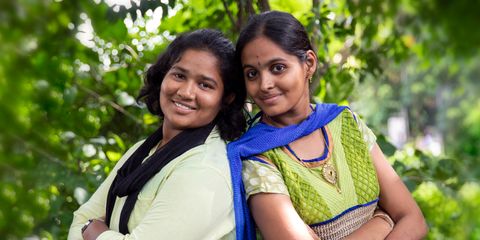Myths and Embarrassment Dismantled: Teenagers getting appropriate answers about sexual and reproductive health and marriage in Timor-Leste
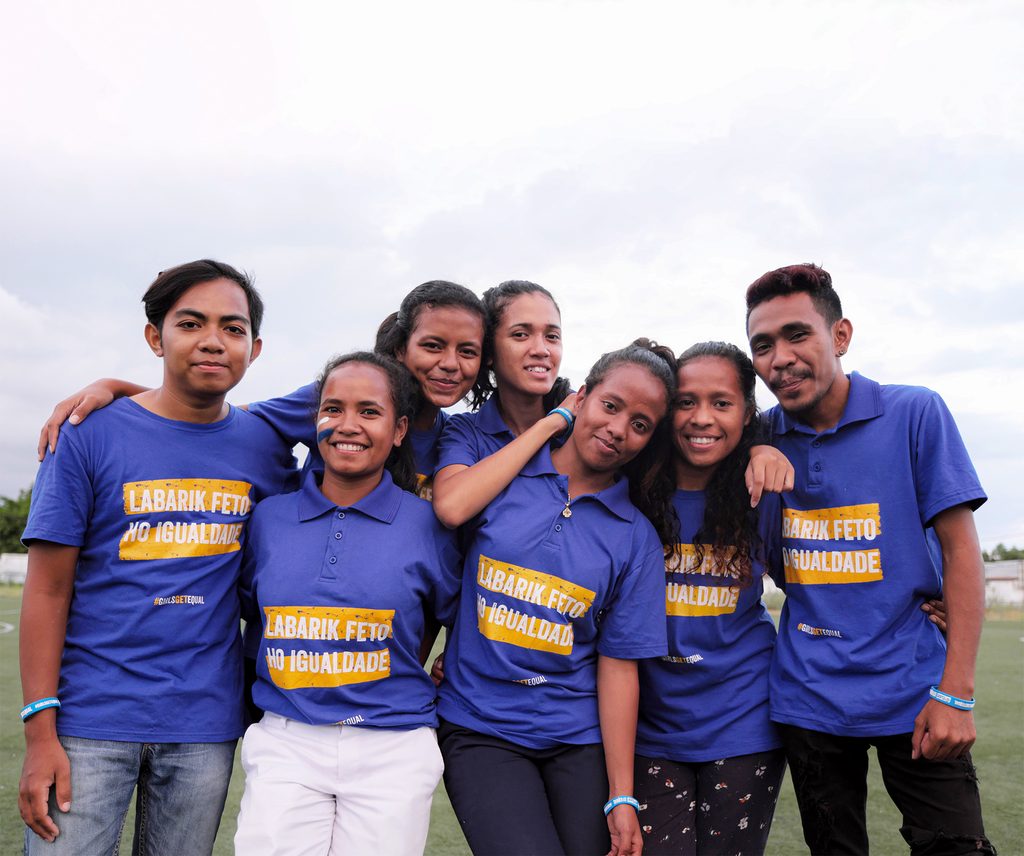
When 20-year-old Valeria was a teenager, she used to be confused about sexual and reproductive health. Looking for answers, she would consider going to ask a parent or teacher, but she resisted, knowing she was not allowed to talk about such things to an adult, or anyone else for that matter. She would then go to her friends and timidly skirt around taboo questions to eventually find they were also confused. Still not fully informed, they would start to create their own attempted answers, listen to other bits of gossip about sex from their peers, and take more notice of the old fearful myths and stories their grandparents used to tell.
Like many other young men and women in Timor-Leste, Valeria’s confusion regarding sexual and reproductive health and embarrassment when talking about it to others was ever-present in her adolescent life.
From being unable to ask the most obvious questions: What is ovulation? When will I get my next period? How are babies made? to debunking local myths: Can I wash my hair when I am on my period? They were waiting for answers to questions girls in other parts of the world could get at the drop of a hat.
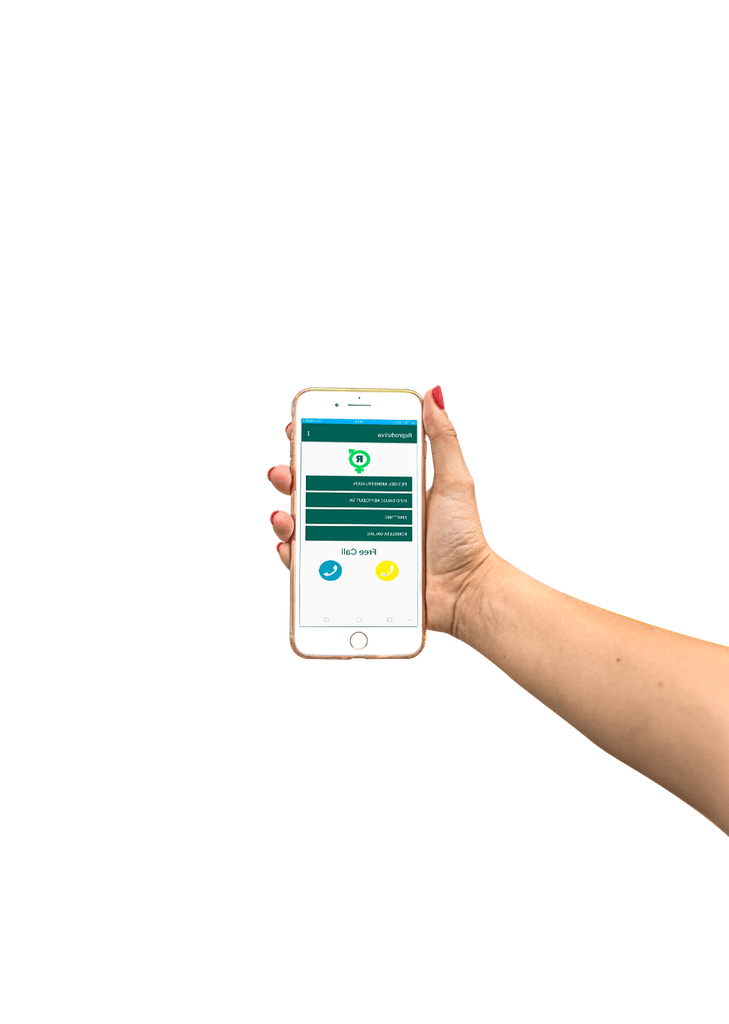
Fortunately, since 2018, girls in Timor-Leste have found a new way to get those answers. Reprodutiva, an app providing young women with sexual and reproductive health information in a confidential and safe online environment, allows girls to skip past the awkward questioning and presumptions to find out essential answers about their bodies and their rights – just a fingertip away: directly on their phones.
“The App is important for me as a young person because I can access the information especially about reproductive and sexual health and understand it better,” said Valeria.
“The App is important for me as a young person because I can access the information especially about reproductive and sexual health and understand it better”
Often the most pressing concerns and confusion about sexual and reproductive health in Timor-Leste remain ignored due to stinging stigmas, conservative attitudes, and misinformation in their own language online.
Research on the decision-making pathways of young women in the Timor-Leste municipalities of Covalima, Aileu and Dili found young women and men wanting more sexual education and health services in the country. Many stated that improvements to these services would aid in reducing the high rates of adolescent pregnancy and early marriage in the country. Yet, attempts to break the taboo of sex education in Timor-Leste can often lead to controversy.
In light of this, Plan International Timor-Leste decided to debunk myths and misinformation and get to the source: the phones of teenagers.
By sharing comprehensive and clear information on sexual reproductive health in real time, the app breaks down traditional stigmas about girls’ sexual health rights, squashes disinformation, and relieves many of the stresses, worries and uncertainties that girls in Timor-Leste are faced with every day. Amongst its features, girls, and boys, can ask vital questions in their language and in real time, share tips in group chats, talk with experts and organize consultations and medical appointments.
Aside from the convenience and connectedness these apps provide in everyday life, they can also help protect and spread awareness about girls’ rights. Phone usage is rising exponentially among youths in the developing world. Powerful technological innovations present new opportunities for teenagers, especially girls, to maneuver around the obstacles of a conservative society.
“It is a good app for youths, as we know that nowadays young people spend their time mostly on the internet. Through the existence of this app, youths can easily access information about reproductive health and know the truth,” said Valeria.
Almost a quarter of all girls in Timor-Leste have a child before turning 20. These high teenage pregnancy rates are exacerbated by a lack of knowledge and understanding of how their bodies work, early pregnancy, child marriage, reproduction and access to contraception.
To help combat this, the app lets girls track their periods, which can raise awareness of early pregnancy and provide support and information in the event of this. This feature also improves school attendance, as many absences are due to a lack of understanding of menstrual cycles.
“It helps me a lot, especially with information about reproductive health. I can know more about myself either physically or psychologically,” said Valeria.
“It helps me a lot, especially with information about reproductive health. I can know more about myself either physically or psychologically,” said Valeria.
A simple app has the ability to transform lives and help children, especially girls, realize their right to protection, safety and education.
So far, Reproductiva has over 1,000 users, and collaboration ensures information on sexual and reproductive health rights is constantly expanding and updating.
Lack of understanding about their bodies and sexual health can shatter a teenager’s confidence and lead to early pregnancy and child marriage. With the app, it is hoped adolescents throughout the country will feel more informed and secure in their decision-making. Just like Valeria.
“If I wasn’t involved in this project, I might have still been staying with my old self that used to be shy exploring this issue. I might have accessed the wrong information, and I also might not have been confident to talk about what reproductive health is.”
Education, Girls Get Equal, Sexual and reproductive health and rights, child marriage, Comprehensive sexuality education, Menstruation, Sexual and reproductive health services, Teenage pregnancy
